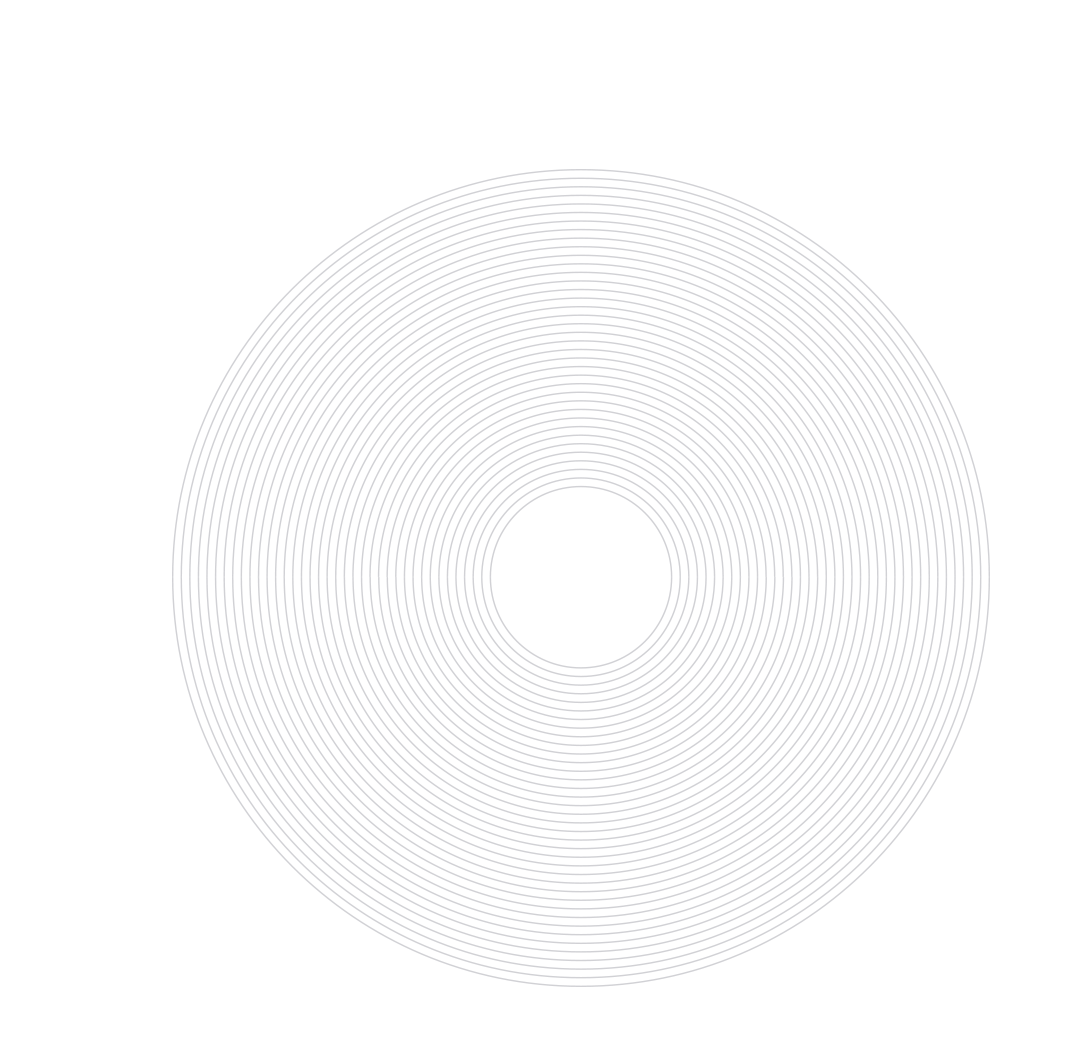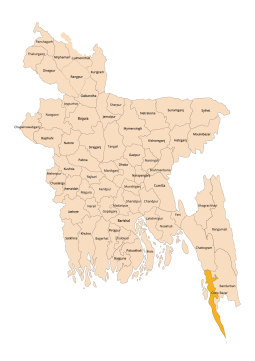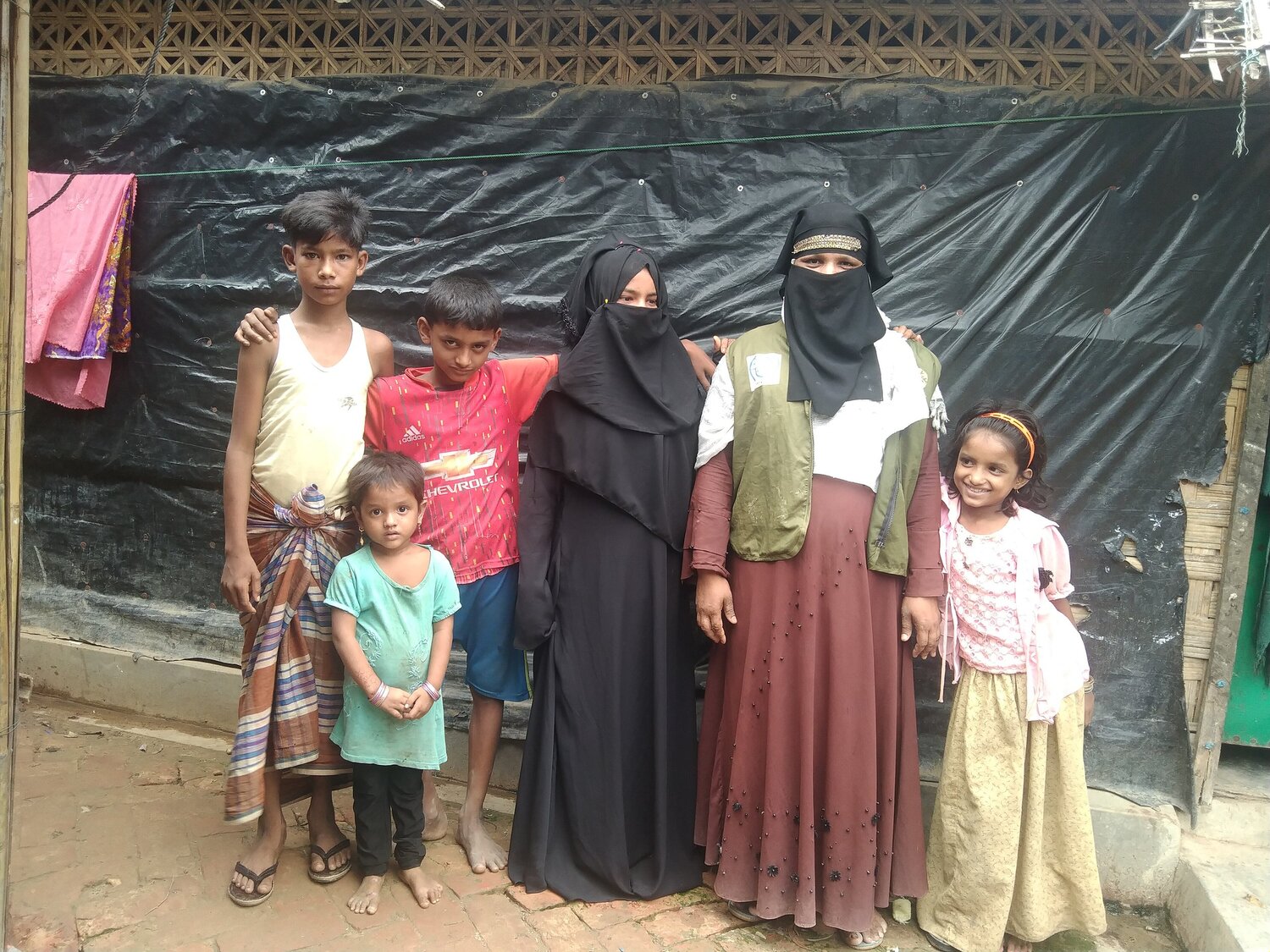
Cox's Bazar in Bangladesh faces significant vulnerabilities due to its geographical and climatic features, making it prone to cyclones, flash floods, landslides, and extreme weather conditions. The arrival of Rohingya refugees in 2017 exacerbated these vulnerabilities, leading to unplanned migration, deforestation, and increased susceptibility to disasters, especially during the monsoon season. The region's poverty, worsened by the refugee crisis, necessitates urgent disaster risk reduction (DRR) infrastructure and programs.
The project aims to strengthen the resilience of both Rohingya and host communities through participatory DRR activities. It focuses on enhancing living conditions in refugee camps, promoting self-governance, bolstering accountability, and providing access to assistance. Additionally, it addresses basic food and nutrition needs, particularly for vulnerable households affected by climate shocks. With a total budget of BDT 8,929,423, the project targets the most vulnerable individuals, including women, persons with disabilities, and marginalized groups.
Expected outcomes involve improving living conditions in refugee camps, environmental enhancements to mitigate disasters, bolstering disaster preparedness, and fostering better coordination among stakeholders. Rigorous monitoring and evaluation using diverse methodologies will ensure the project's effectiveness, including field visits, satisfaction surveys, and electronic data collection to gather beneficiary feedback.
Collaboration with local and international stakeholders is pivotal for success, involving government agencies, UN bodies, NGOs, and community representatives. The project emphasizes sustainability through capacity building, knowledge transfer, and integrating DRR into local development plans. By engaging the community and stakeholders, this initiative seeks to fortify resilience, elevate living standards, and reduce the long-term impact of disasters in a highly susceptible region.


1 | Risk mitigation through slope stabilization repair and maintenance | Linear Meters (lm) | 2,000 |
2 | Enhancing accessibility through pedestrian pathway repair and maintenance | lm | 1,800 |
3 | Enhancing accessibility through stairs and ramps repair and maintenance | lm | 1,000 |
4 | Risk mitigation through drainage system repair and maintenance | lm | 500 |

Employment is scarce for Rohingya refugees in Cox’s Bazar, Bangladesh, especially women like Sobikha Begum, who supports eight family members. Bereft of belongings upon fleeing Myanmar, Sobikha struggled to find work until joining CARE Bangladesh's Cash for Work Program in July 2021. Initially an unskilled laborer, she swiftly progressed to a skilled role, securing steady income. Now, Sobikha can afford essentials, clothing, and medicine, even sending her children to school. Attending educational sessions alongside her work, Sobikha contributes to improving camp infrastructure and community resilience. Over 3600 Rohingya have benefited from the program, enhancing both livelihoods and camp safety, a testament to the Australian Humanitarian Partnership's impact in Bangladesh.
© Copyright 2026 CARE Bangladesh. Powered By Bangladesh Online